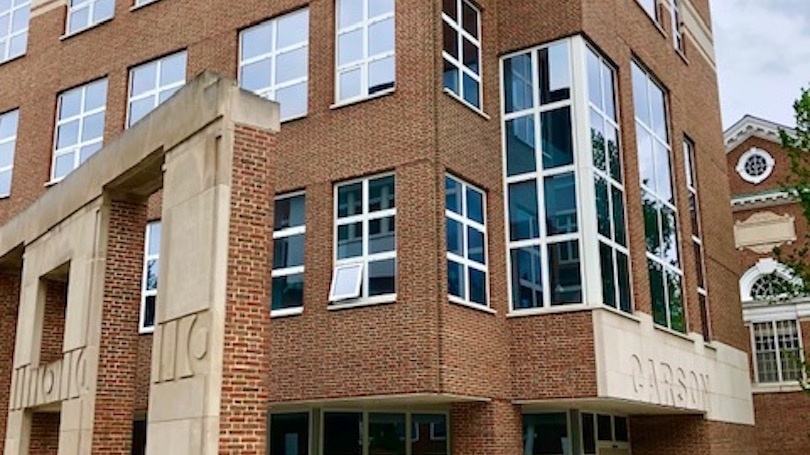
- Undergraduate
- Research
- Foreign Study
- Inclusivity
- News & Events
- People
Back to Top Nav
Back to Top Nav
May 3, 2024
Open letter to President Beilock, Provost Kotz, and Dean Smith,
We, members of Dartmouth's History department, write to express our dismay and outrage at the College leadership's actions on May 1st. We were shocked that the administration responded to a peaceful protest not with dialogue and de-escalatory measures, but with police brutality and the mass arrests of Dartmouth students, faculty, and staff. We were especially alarmed by the treatment of our esteemed History colleague, Annelise Orleck, who has served our community for more than three decades. As documented in video footage that has now been viewed across the country and around the world, Professor Orleck was brutalized by the police, handcuffed, arrested, and banned from campus. We were also distressed at the arrest of our close colleague, affiliated member of the department, and friend, Christopher MacEvitt, one of Dartmouth's House Professors, as he attempted to fulfill his responsibility to look after the well-being of his students.
We reject the administration's claims, asserted in President Beilock's message to the community, that the arrests were necessary to ensure safety and peace on campus. Dartmouth has a long-standing and effective internal process for disciplining and punishing policy violations. But in this case, the College bypassed that process. Instead, the administration summoned police forces from outside of campus, a move aimed at intimidating and criminalizing student protestors. President Beilock claims that the arrests were meant to prevent disruption and exclusion. Yet it is the swift resort to police violence that has brought the worst disruption of college life in decades, and which has undermined so many community members' well-being.
As historians, we also note that this decision represents a radical break with Dartmouth's long-standing pattern of seeking to promote community conversation and dialogue in moments of division and crisis. In 1970, when our campus was in turmoil after the Kent State massacre, President John Kemeny suspended classes to allow a free discussion of protest, its limits, and values. In 1986, when conservative students attacked anti-Apartheid protests on the green, President David McLaughlin suspended classes for a day of reflection on protests and student life. A similar approach was adopted by Interim President Carol Folt in 2013, when our community was deeply divided over students' disruption of a recruitment event and subsequent expressions of racism and sexism. In each of those cases, the administration responded to polarized debates not with intimidation and violence, but by modeling peaceful and thoughtful engagement. Dartmouth's failure to uphold this tradition on May 1 will have long-lasting and devastating effects on campus life.
You have asked how our community can move forward. We call on you to take the following actions as first steps toward repairing the damage inflicted on our community on May 1:
- To acknowledge publicly that the deployment of state police and armored vehicles was an excessive and punitive response to peaceful protests, which will not be repeated.
- To announce publicly that you are asking prosecutors to dismiss all criminal charges against the faculty, students, and staff who were arrested on May 1– a request that in no way infringes on prosecutorial discretion; charges against the two students arrested in the fall, Roan V. Wade and Kevin Engle, should also be dropped immediately.
- To make it publicly known that academic freedom includes the right to peacefully express support for Palestinian rights. The college should permit nonviolent protest outdoors, and restore faith in fair process and commitment to free speech on campus.
Signed respectfully,
The Department of History